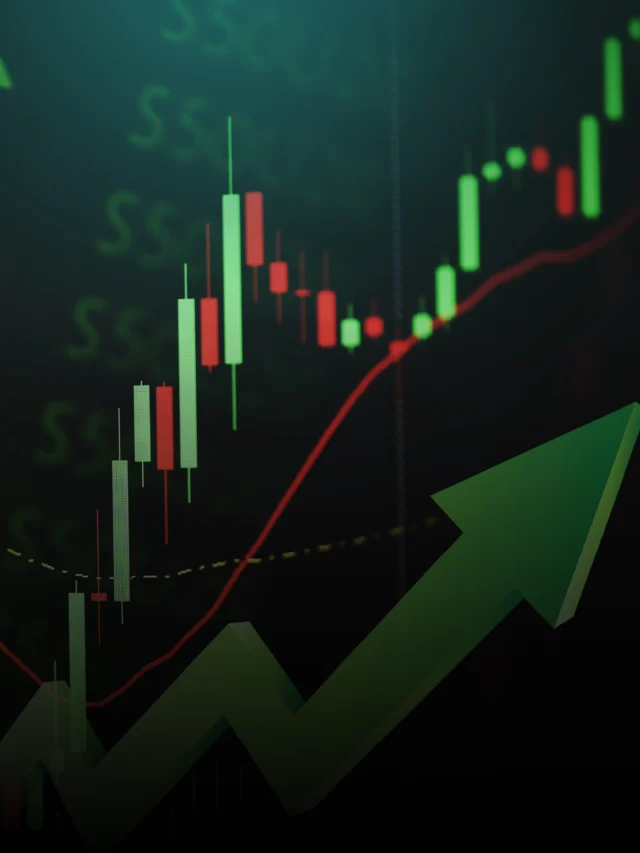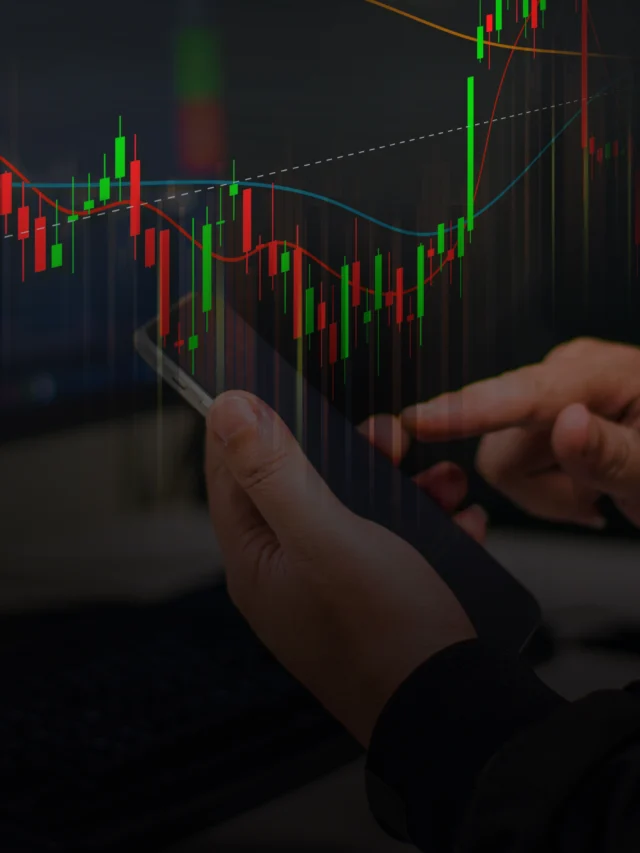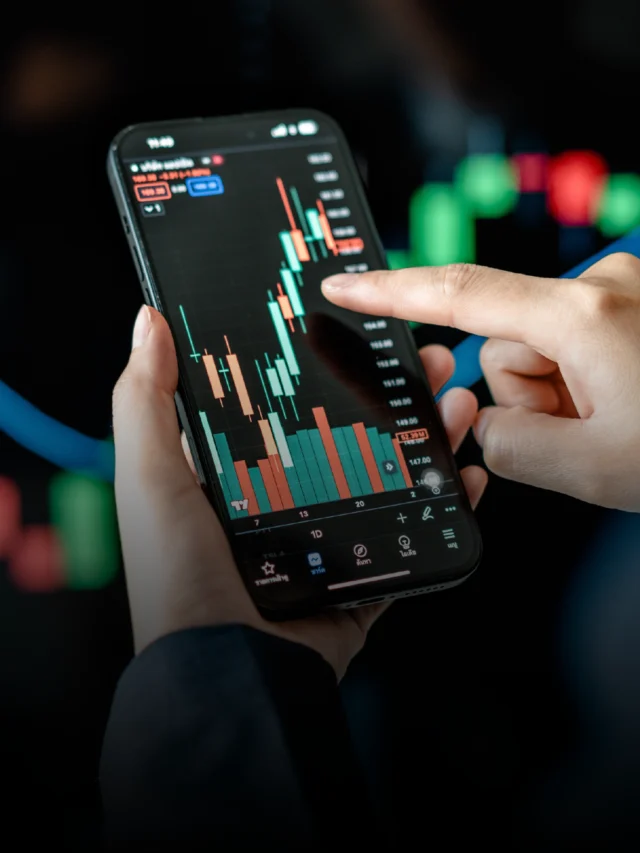Trending Topics

3 Indian Penny Stocks Gaining Attention Amid Market Recovery
Veto Switchgear, Visaka Industries, and Emami Paper Mills are three Indian penny stocks drawing investor focus amid the market recovery and improving sentiment.

NSE OI Spurts on May 21
NSE OI spurts on May 21: UNITDSPR, DIXON, ASTRAL, SIEMENS, and HINDALCO see rising open interest, indicating growing trader activity and market positioning.

Paras Defence Multibagger: From ₹175 IPO to ₹1,943
Paras Defence stock surged from ₹175 IPO to ₹1,943 in May 2025, driven by defence sector growth, policy support, and investor confidence.

NSE OI Spurts on May 20
NSE OI Spurts on May 20, 2025: DLF, BEL, Ashok Leyland, ASTRAL & PI Industries see rising open interest, signaling bullish trends and strong market activity.

5 Penny Stocks That Surged Up to 29% in a Week
Top 5 penny stocks on fire: Lesha Industries, Mangalam Industrial, Subex, GG Engineering, and Ultracab surged up to 29% in a week. Check key price levels.

NSE OI Spurts on May 19
NSE OI surges on 19th May 2025, with Divi's Labs, HAL, CDSL, IEX, and BEL showing notable derivatives interest. Watch for breakouts and trading signals.

